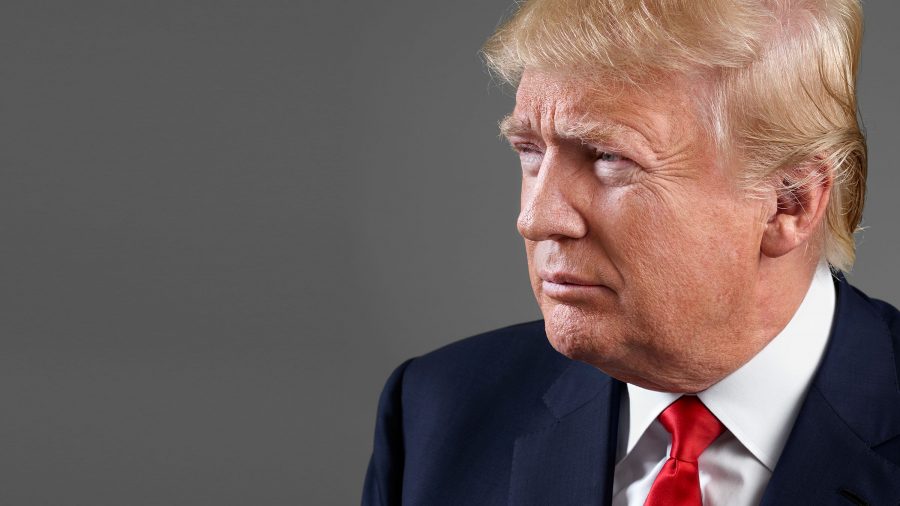The Case for Donald J. Trump
More stories from Gabe Geytsman
It’s a different time in the election season. Instead of riding high on his continuous victories in the Republican primaries, Donald Trump has been faltering against his general election opponent, Hillary Clinton. His pivot to the general election, marked by pathetic plays at minorities, numerous reshuffles of his campaign infrastructure, and moderation of his stances seems to have failed: Trump is down 6 points in the RCP forecast, and the 538 election forecast puts his chances at 12% to Clinton’s 88%.
It wouldn’t be accurate to say that Trump doesn’t know what he’s doing in the general election, because he never knew what he was doing in the first place. His success depended on a wave of popularity among Republican demographics, and his failure in the general is the corollary of that success.
He’s fallen for the Democratic landmines placed before him: Khizr Khan, the Trump U case, etc.
What can even be said in his defense?
And yet, I and many others will support him. Because this isn’t a policy election. (Even if it was, the episode with the Kasich vp slot shows Trump wouldn’t do that much). The American election is one of many occurring in these couple of years which stand to overthrow globalism: Brexit in Britain, and right wing candidates, Geert Wilder for the Netherlands, Marine Le Pen for France, AfD in Germany, which threaten to do the same for their respective countries as Nigel Farage did for Britain.
In more specific terms, a Trump victory in November would mean a foreign policy that isn’t interventionist and destructive, controverting decades of American policy by minimizing American involvement in Ukraine, Syria, and the middle East, coexisting with Russia, and reconsidering alliances with countries such as Saudi Arabia and Turkey, alliances that no longer serve the American people and promote instability.
It would mean an attack on Islamic terror that isn’t confined by the cowardice of liberal policy (insofar as it applies to directly attacking terrorist forces), isn’t controverted by the simultaneous destabilization of the region, allowing terror to grow (see the Trump foreign policy on Assad, for example), and isn’t contradicted by border security and immigration policies that invite terror to our shores.
Those are the things within Trump’s power as chief executive. Radical policies, such as massive tariffs, embargoes, bans on religions, and various wall-shaped constructions aren’t likely to pass Congress.
In fact, Mr. Farage spoke at a Trump rally in Mississippi last week, and he put it quite nicely: “We reached people who thought that by going out and voting they could take back control of their country, take back control of their borders, and take back their pride.”

